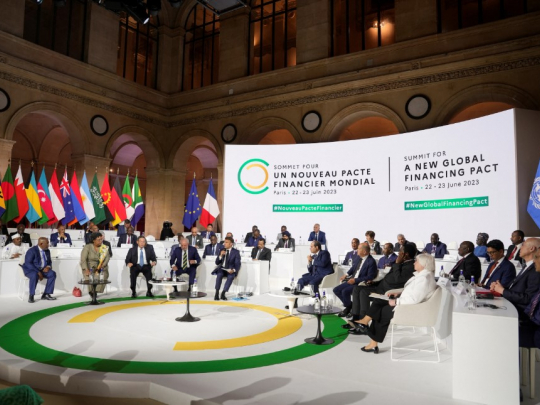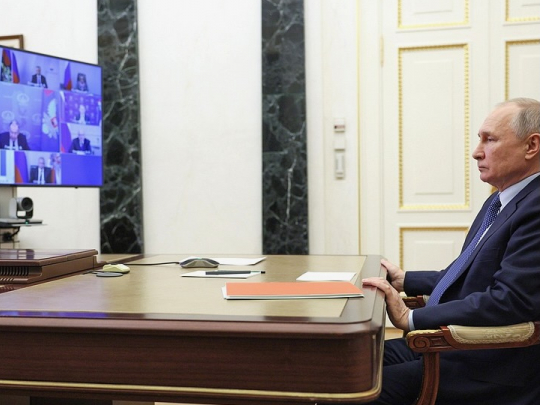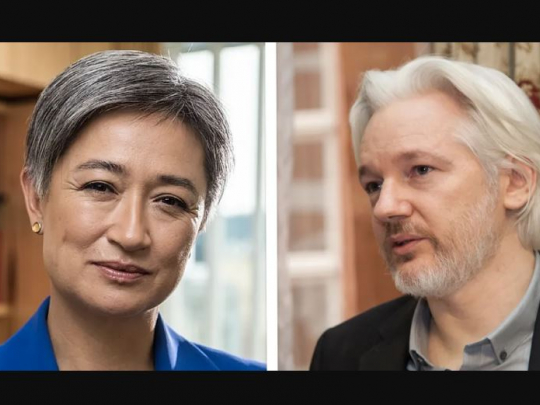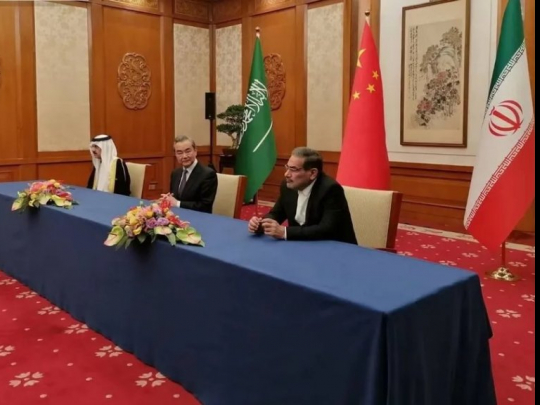Which Countries Are Most Influenced By China?
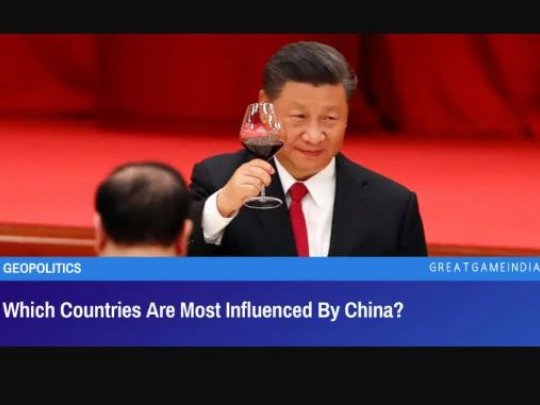
A new index calculates China’s global influence. So, let’s check which countries are most influenced by China.
According to a recent study measuring Beijing’s rising worldwide impact, Pakistan is the nation that is most influenced by China globally.
The South Asian nation tops a list of 82 other nations in the China Index, a database that was relaunched on December 8 by DoubleThink Labs, a Taiwan-based research organization. It claims that due to its ties to Beijing and dependence on Beijing for its foreign and domestic policy, technology, and economy, it is particularly vulnerable to Chinese influence.
Southeast Asia follows Pakistan in the standings, with Cambodia and Singapore ranked second and third, respectively, followed by Thailand. The Philippines is ranked seventh, and Malaysia is ranked tenth. First among African nations, South Africa is ranked No. 5 and is tied with Peru, the top-ranked South American nation.
The Central Asian nations most impacted by Beijing are Kyrgyzstan and Tajikistan, which border China’s western Xinjiang Province and are ranked eighth and ninth on the ranking.
The United States tops North America in position 21, while Germany is the highest-ranked European nation at number 19.
“A major goal of [of this database] is to raise awareness around the world about the different aspects of Chinese influence and what that can actually look like,” Min Hsuan-Wu, the co-founder and CEO of Doublethink Labs, told RFE/RL. “We’ve taken a much broader and nuanced look at what influence can be, which can tell us more about what Beijing is actually doing and the different ways it can apply pressure.”
The research team that created the China Index concentrated on nine categories, including higher education, domestic politics, economic ties, foreign policy, law enforcement, media, military cooperation, cultural links, and technology, to measure influence around the world.
According to Wu, this kind of approach produces a more nuanced understanding that questions several common beliefs about the levers of Chinese power, most importantly those related to commerce and the economy.
“There’s no one clear pattern for how China influences a country, but from the data we compiled, the economy isn’t the determinative one,” he said. “You can be economically independent but be tied in other ways, like with the military or a large Chinese diaspora that can be more influential.”
Spotlight On Pakistan, Central Asia
Given the variety of criteria influencing the ranking system, Pakistan’s high position comes as no surprise to longstanding onlookers of the country’s Cold War-era relationship with Beijing.
The China-Pakistan Economic Corridor is a pillar of Beijing’s global Belt and Road Initiative, in which Chinese corporations have financed and constructed hundreds of billions of dollars in infrastructure projects over the previous decade.
Pakistan’s ties with China, on the other hand, have expanded across practically every category used to generate its ranking in the index, particularly in areas such as military ties, technology, and foreign policy.
According to Shahzeb Jillani, a seasoned journalist who assisted in compiling data on Pakistan for the database, many Pakistanis may be shocked to see their country ranked so high, but he hopes the findings will spark more debate and thought about Islamabad’s growing connections with Beijing.
“One can only hope that this will encourage Pakistanis to debate the pros and cons of the relationship and what it could mean for the future,” he said.
The interaction between Beijing and Central Asia has grown in recent years.
Although commerce and investment provided the initial impetus, Chinese influence is now becoming more prominent in local media, foreign policy, and increasingly, defense and security. Following Russia’s invasion of Ukraine in February, many observers also predict that Central Asian nations would strengthen their connections with China as they strive to stray away from Moscow.
While Tajikistan and Kyrgyzstan are ranked in the top 10, Kazakhstan is ranked 15th, followed by Uzbekistan in 24th place, and Turkmenistan, which sells a significant amount of its natural gas to China but is still geopolitically isolated, in 45th place.
Measuring Influence
Although the database only covers 82 nations, DoubleThink Labs has plans to expand it in the future, particularly to Africa, which has recently seen a rise in Chinese influence, and to Russia, which in February announced a “no limits” cooperation with Beijing.
According to Wu, he hopes that the China Index will be a useful tool for comparison that researchers, activists, journalists, and watchdog organizations from around the world can use to get a better understanding of the complicated factors affecting their regions and the subtle ways in which influence can be used.
For instance, Britain, the second-highest European country on the scale, is ranked 27th. It is something that independent academic Martin Thorley, who conducted research on the UK for the database, claims came about as a result of local engagement through academic relationships and ties established over time between British cities and regions and their Chinese counterparts rather than at the state level.
British Prime Minister Rishi Sunak pronounced the “Golden Age” of relations with China to have ended in a landmark address last week. Despite his call for engagement with Beijing, he nonetheless labeled it as a rival and a danger to “British values”.
Wu adds that there is no clear “playbook” for Chinese influence and that it can be difficult to determine exactly how one country influences another more than another. Instead, he claims that new data demonstrates that Chinese authorities frequently focus on a few low-barrier-to-entry countries within a region before expanding to other countries as chances arise.
“There are some countries in every region that rank high on our index and can be seen as an entry point,” Wu said. “There’s lots of collaboration through one country and then it expands out.”
- Source : GreatGameIndia




